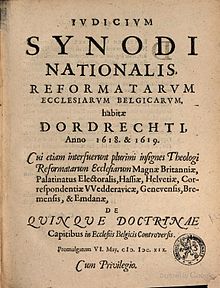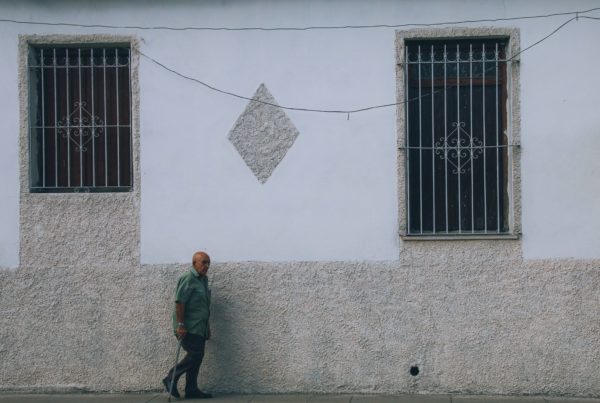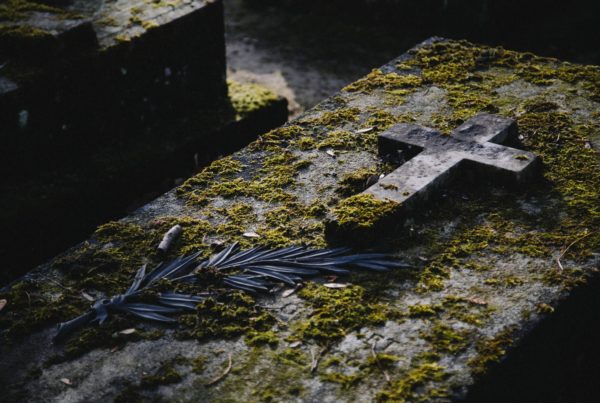This devotion reflects on Main Point III/IV of the Canons of Dort.
Long before the Canons of Dort, the church father Augustine had an insight that stands at the center of the western Christian tradition: salvation is God’s doing, not ours.
Human nature, specifically the human will, is deeply corrupted. There is no way you or I, by our own will, can restore ourselves, nor even help to restore ourselves. The restoration is God’s act alone, accomplished only by his grace. We simply trust that God accomplishes it.
This truth of salvation by God’s grace alone has tremendous power. There are stories, like that of Martin Luther, in which that truth crashes into the heart like a lightning bolt, conveying an overwhelming sense of freedom.
For me, there has been no lightning. But the truth that my salvation is God’s doing, which I have received by hearing, has been a basso continuo of the music of my consciousness for most of my life. It is a truth I live out of and try to live by. It challenges me to consider my life—all I think and do—not as something I am entitled to, but as a gift to be lived out in gratitude, mirroring the love with which God has graciously loved me.
The canons also raise a question that this doctrine of grace has always posed: Where am I, in all of this? If it is God who acts in my will, am I just a puppet, with God pulling the strings?
The answer: God, in regenerating us, does not “abolish” or “force” the will, but rather “spiritually revives, heals, reforms, and … bends it back” (Main Point III/IV, Article 16). Yet the text has so strongly asserted the will’s corruption, that in calling this regeneration something we “cannot fully understand” (Main Point III/IV, Article 13), it seems to acknowledge a paradox, or at least a tension here. Still, perhaps, that very acknowledgment is one more affirmation of the doctrine of grace: even the way our wills may be truly changed is God’s doing, not to be ascribed to ourselves or our understanding.

At 400 years old, the Canons of Dort might seem like ancient history. Thankfully, they’re anything but.
Written in the midst of a conflict that threatened to tear the Netherlands apart, they insisted that salvation was pure grace. That’s a truth we still need to hear.
To celebrate their birthday, we’re offering devotional riffs on each of the main points of the canons:
John Coakley
John Coakley is Feakes Professor of Church History, Emeritus, at New Brunswick Theological Seminary, where he taught for 32 years before retiring in 2016. He and his wife Margaret, who is an elder at First Reformed Church of New Brunswick, live in Highland Park, New Jersey.



